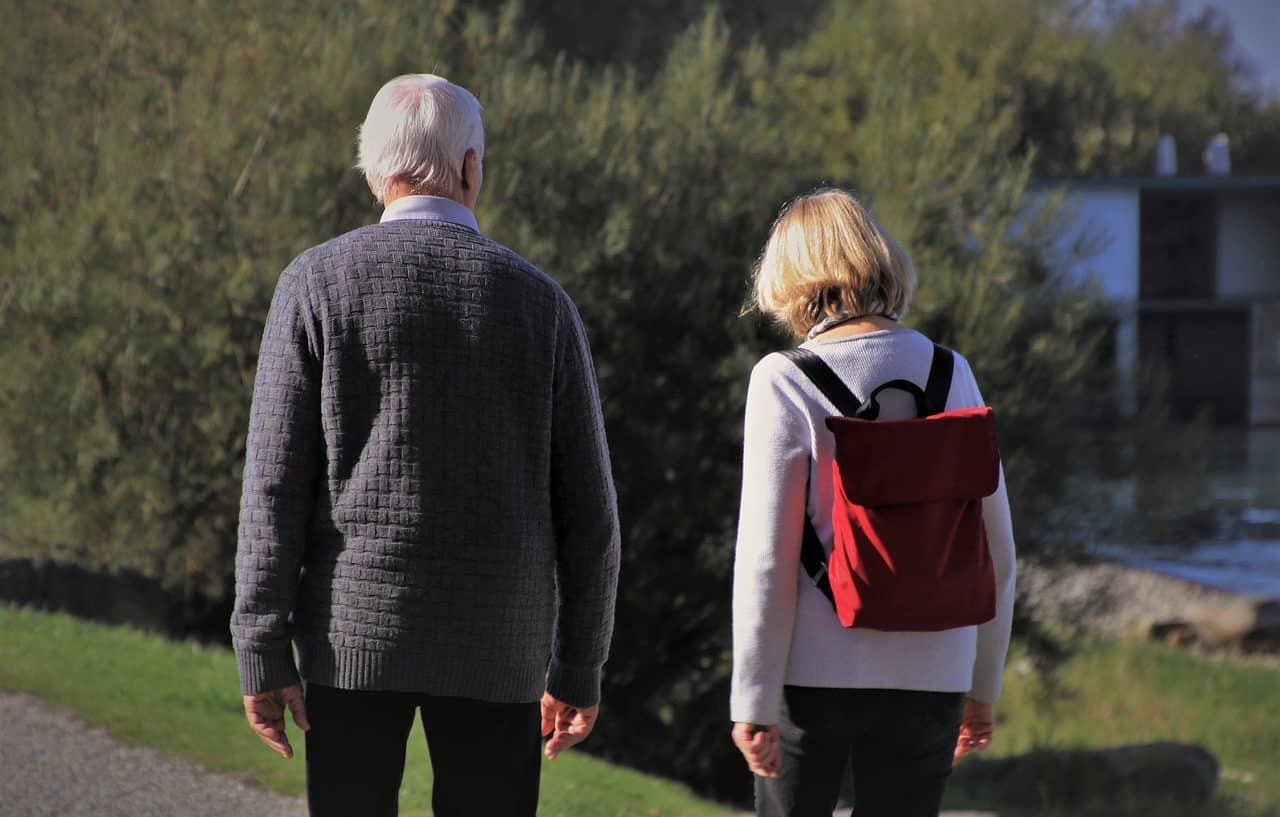
Mindfulness proposes us to hold on to the present with total openness.
Full attention , also known as mindfulness , is a practice that involves consciously and deliberately paying attention to the present moment, without distractions or criticism. It can be applied to any daily activity and is often practiced through meditation techniques that help with concentration and stress reduction.
Examples of mindfulness
Conscious breathing meditation
Sit in a quiet place, close your eyes and focus your attention on your breathing. Observe how air enters and leaves your body without trying to change the rhythm. If the mind wanders, gently refocus on your breathing.
Mindfulness in food
During a meal, pay attention to the flavors, textures, and smells of the food. Eat slowly, savoring each bite and noticing the sensations that arise.
walk consciously
Go for a walk and focus your attention on each step. Feel the contact of your feet with the ground, observe the sounds around you and breathe deeply.
active listening
When talking to someone, dedicate all your attention to the conversation. Listen without interrupting, maintain eye contact, and be aware of the other person's words and emotions.
Body scan exercises
Lie down or sit comfortably and close your eyes. Start by focusing on the head and slowly move down each part of the body, noticing any tension or sensations without trying to change anything.
daily practice
Perform everyday tasks, such as washing dishes or brushing your teeth, with full attention. Focus on the sensations, movements and actions that these activities involve, instead of doing it automatically.
gratitude journal
At the end of the day, write down three things we are grateful for. Reflecting on positive aspects can help us be more present and aware of the good in our lives. This is also known as a reflective journal .
Conscious pause
During the day, take short breaks to stop and breathe deeply. Observe how we feel in that moment, both physically and emotionally, without judging.

Listening carefully to others and going for a walk are two recommended mindfulness activities.
Importance of mindfulness
Mindfulness is a practice of great importance in the contemporary world due to its multiple benefits for mental, emotional and physical health. It is a powerful tool to improve the quality of life in multiple dimensions. It can lead to greater inner peace, emotional balance and general well-being, making people better equipped to face the challenges of daily life.
Here are some reasons:
- Stress reduction – Numerous studies have shown that mindfulness can significantly reduce stress levels. By focusing the mind on the present and adopting an attitude of acceptance without judgment, people can free themselves from anxiety related to the future and regret about the past;
- improved mental health : has been associated with decreased symptoms of depression. Helps people develop greater emotional resilience , allowing them to deal with difficult emotions more effectively;
- Concentration and mental clarity : By training the mind to focus on one task at a time, mindfulness improves attention span and mental clarity. This is especially useful in a world where distractions are constant and multitasking is common;
- promoting emotional well-being : Mindfulness can lead to greater satisfaction with life. By focusing on present experiences, people can find more joy and meaning in their daily activities;
- improved interpersonal relationships : can improve communication and empathy in relationships. By being more present and actively listening, you can strengthen bonds with others and foster greater mutual understanding;
- physical health benefits : reduced blood pressure, improved sleep, and better management of chronic pain;
- developing self-awareness : By observing one's own thoughts and emotions without judgment, people can gain a better understanding of their mental patterns and behaviors, facilitating personal growth and self-acceptance ;
- promotion of resilience : facing difficult situations with greater calm and equanimity. By accepting reality as it is and responding consciously rather than reacting impulsively, the ability to manage stress and adversity is strengthened.

The combination of meditation and nature exercises offers the best results.
Mindfulness
As we mentioned at the beginning, mindfulness is a synonym for full attention . Since it is the term in international use, there are various concepts that integrate it in its name. One of the prominent approaches is mindfulness coaching , which combines mindfulness techniques with personal and professional development.
Mindfulness coaches help people cultivate greater awareness and mental clarity, which can improve decision-making and reduce stress. Through group or individual sessions, participants learn to integrate mindfulness into their daily lives, encouraging a greater balance between work and personal life.
The connection between nature and mindfulness is another fundamental aspect. Spending time outdoors and practicing mindfulness in natural environments can amplify the benefits of mindfulness. Nature provides an ideal setting for meditation and reflection, helping people feel more connected to the world around them. Activities such as mindfully walking through a forest or simply observing the natural environment have been shown to improve mood.
Mindfulness educational programs are being implemented in schools and universities to help students manage stress and improve their concentration. They teach breathing, meditation and self-awareness techniques, promoting a more positive and focused learning environment. By learning mindfulness from an early age, children can develop important skills to meet academic and personal challenges throughout their lives.
Among the best-known structured programs is Mindfulness-Based Stress Reduction (MBSR) . Developed by Jon Kabat-Zinn at the University of Massachusetts, it uses meditation and yoga to help people reduce stress and improve their physical and mental health. MBSR has been shown to be effective in managing chronic pain and anxiety, and is offered in many clinics and health centers around the world.
Similar to MBSR, Mindfulness-Based Cognitive Therapy (MBCT) combines mindfulness with principles of cognitive therapy to prevent relapse into depression. This approach has been particularly helpful for those who have experienced recurring episodes of depression, providing tools to recognize and change negative thought patterns before they become a downward spiral.
